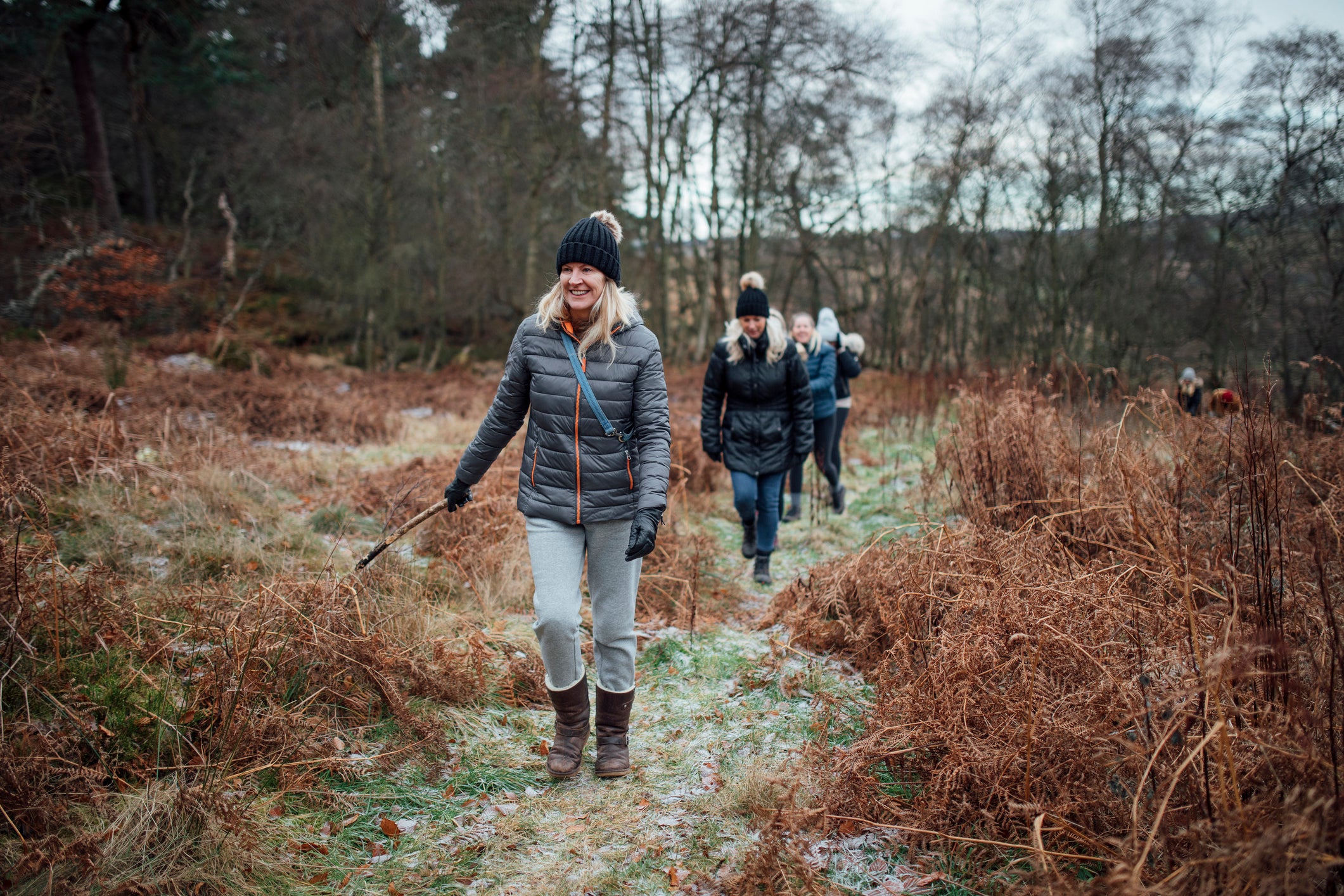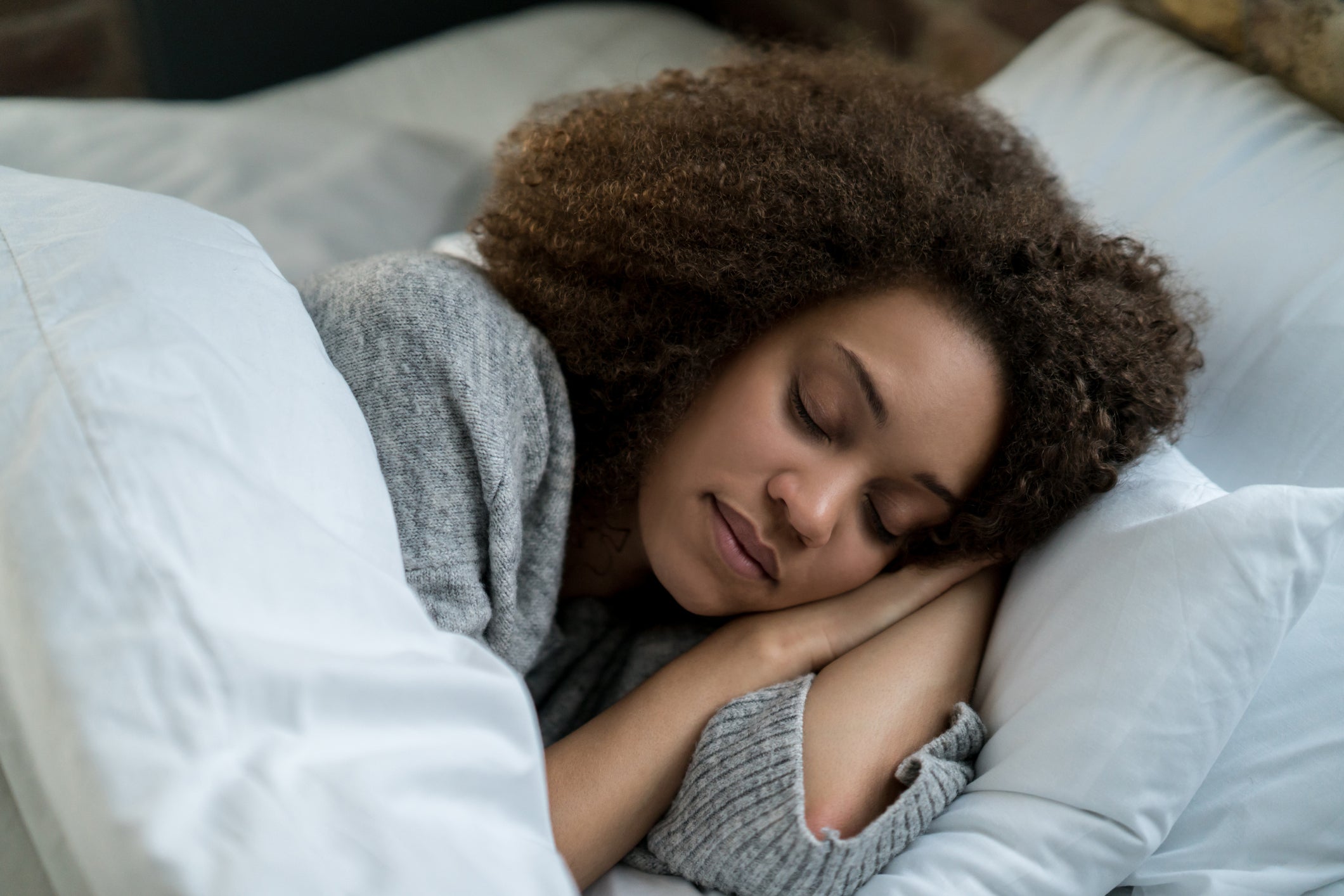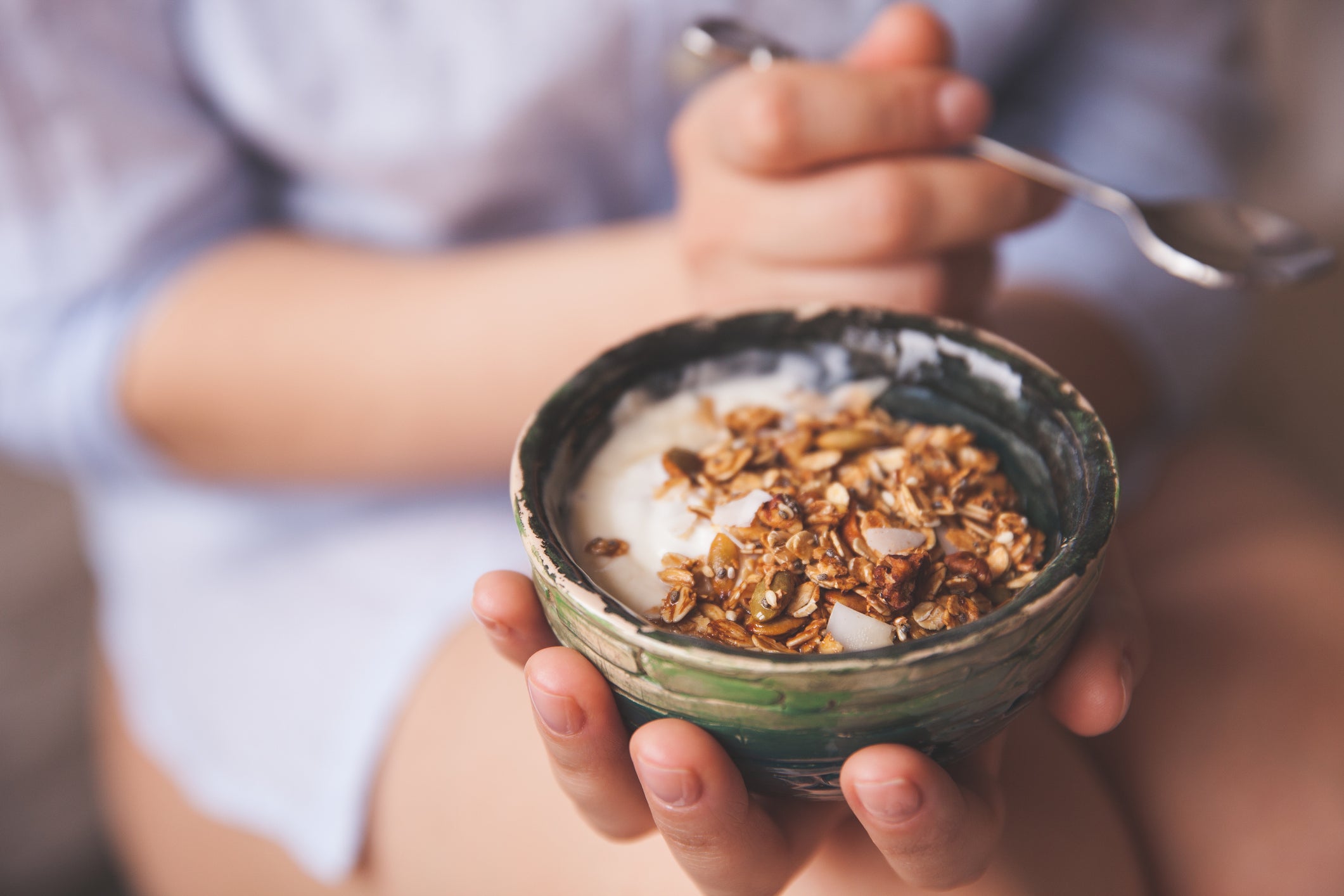How to feel less tired: Four helpful tips to stave off winter fatigue
Find out how to beat seasonal tiredness with these top tips

Hands up if you struggle to get out of bed, feel like you’re constantly yawning and rely on several pints of coffee to power you through the average working day?
As the days get shorter, we all know how difficult it can be to feel energised in the morning – particularly when you crack open the curtains and see it’s still dark.
Tiredness is one of the UK’s top health complaints – figures from Healthspan show a worrying 97 per cent of us claim we feel tired most of the time, and doctors’ records reveal 10 per cent of people who book an appointment are looking for a cure for their tiredness.
If you’re currently battling with the winter wipe out, we’ve put together some tips for boosting your energy levels during the big chill.
1. Get out into the daylight

Losing out on sunlight in the winter can disrupt the delicate balance of your circadian rhythm, aka your sleep and waking cycles.
This is because when it’s dark outside, the body produces more of the hormone melatonin, which makes sleep feel inviting.
Open your blinds during the daytime and try to get out and about into natural light as much as possible.
Even just taking a brisk lunchtime walk can boost energy, reduce blood pressure and lift mood.
2. Practise clean sleeping

We all know sleeping too little can make you feel wiped out the next day, but oversleeping during winter can also make you feel sluggish in the mornings.
It might be tempting to hibernate when it’s cold and dark outside, but try to get into some healthy bedtime habits.
Go to bed and wake up at roughly the same time every day, and aim for eight, undisturbed hours of sleep per night.
To improve your chances of getting a good night’s kip, make your bedroom an inviting place to sleep, avoid screens an hour before slumber and cut down on caffeine in the evenings.
3. Hit the gym

When you’re running on low energy, probably the last thing you want to do is throw yourself onto a spin bike, but a healthy dose of morning exercise can release a welcome burst of feelgood endorphins.
If you struggle not to fall asleep on the sofa as soon as you get home, exercise in the late afternoon may also help to reduce early-evening fatigue, and can also improve your sleep.
If it’s too cold outside, or you don’t fancy running in the dark, try to migrate your workouts indoors at a local gym or sports centre, and aim for the NHS guidelines of at least 150 minutes of exercise per week.
4. Eat for the weather

Instead of reaching for a cup of coffee, try to naturally boost your energy with nutritious foods.
Avoid gorging on sugary treats for a pick-me-up too; you’ll feel great initially, but they’ll give you a short-lived high that ends in a crash.
Eating oats in the morning will top up your B vitamins, which help convert your food into energy, and will provide a source of slow-release carbs, so you’ll feel fuller for longer.

A portion of lunchtime salmon can provide anti-inflammatory omega-3 to keep the brain alert, and snacking on goji berries – which provide nutrients to support energy processes – can help you through the afternoon slump.
The NHS says, while many people feel tired and sluggish in winter, it’s usually not a sign of anything serious. However, some medical conditions can cause tiredness, such as seasonal affective disorder, chronic fatigue syndrome and anaemia.
If your tiredness is affecting your daily life, or persists for an extended period of time, you should talk to your GP.
This article was originally published in November 2018
Join our commenting forum
Join thought-provoking conversations, follow other Independent readers and see their replies
Comments
Bookmark popover
Removed from bookmarks